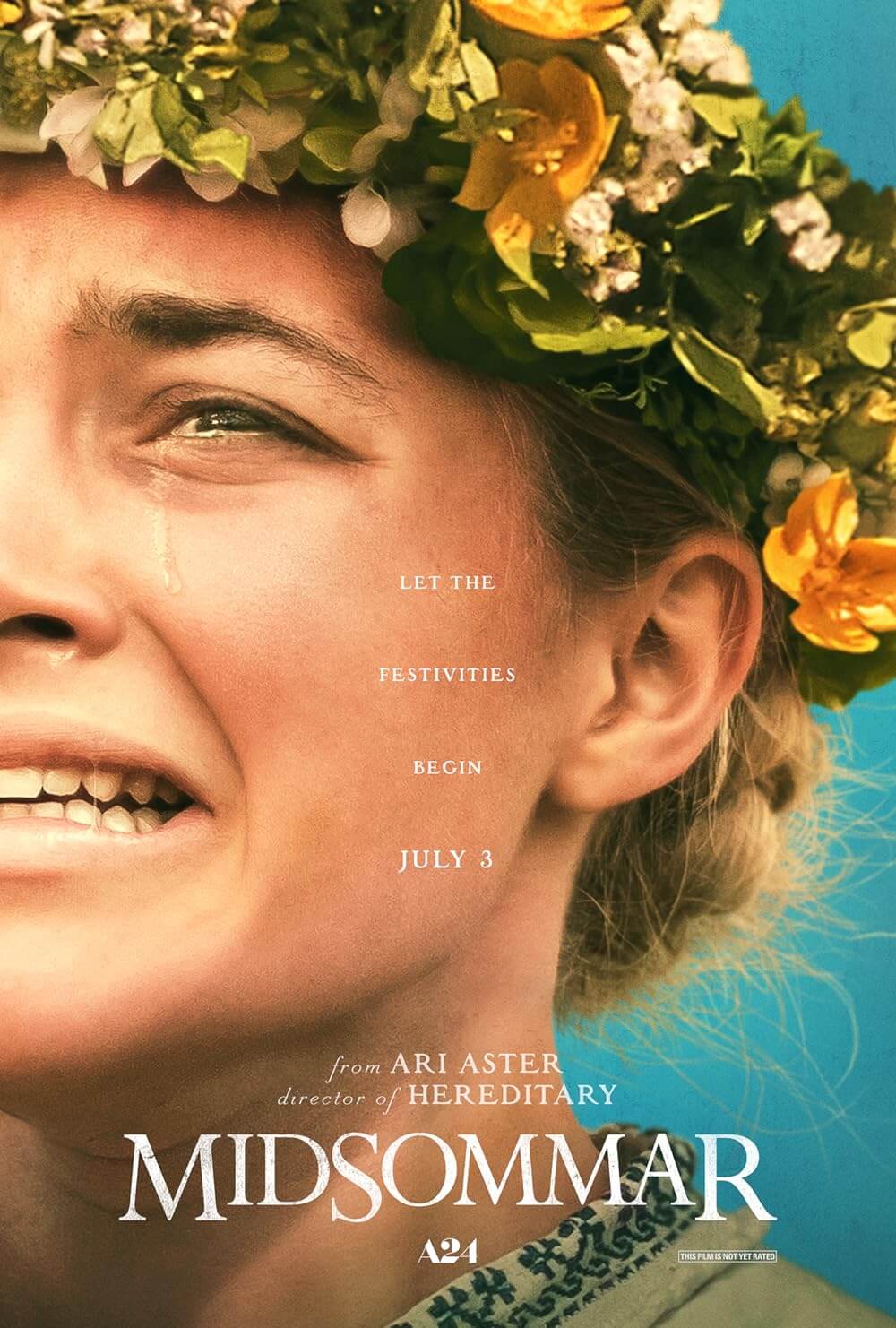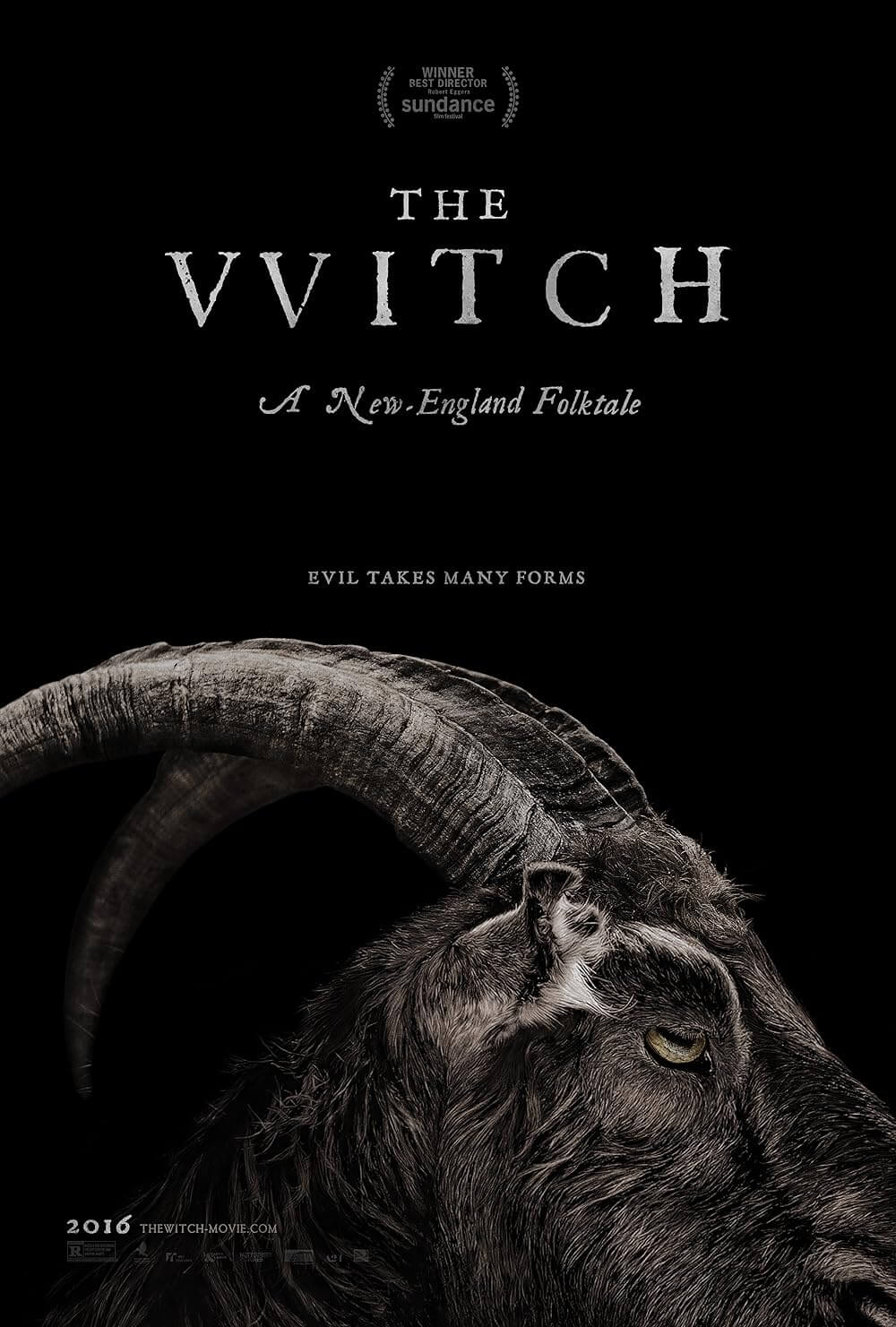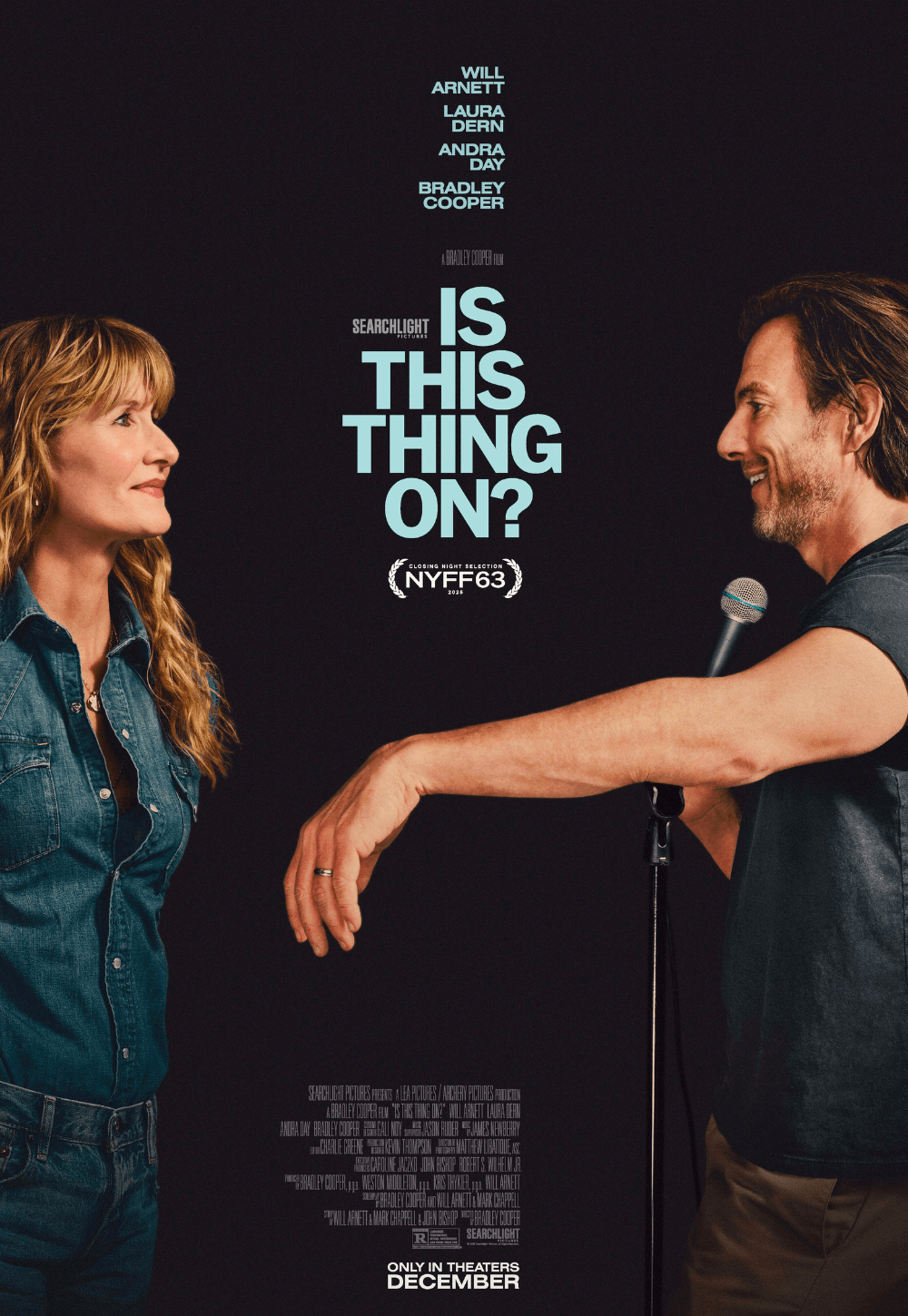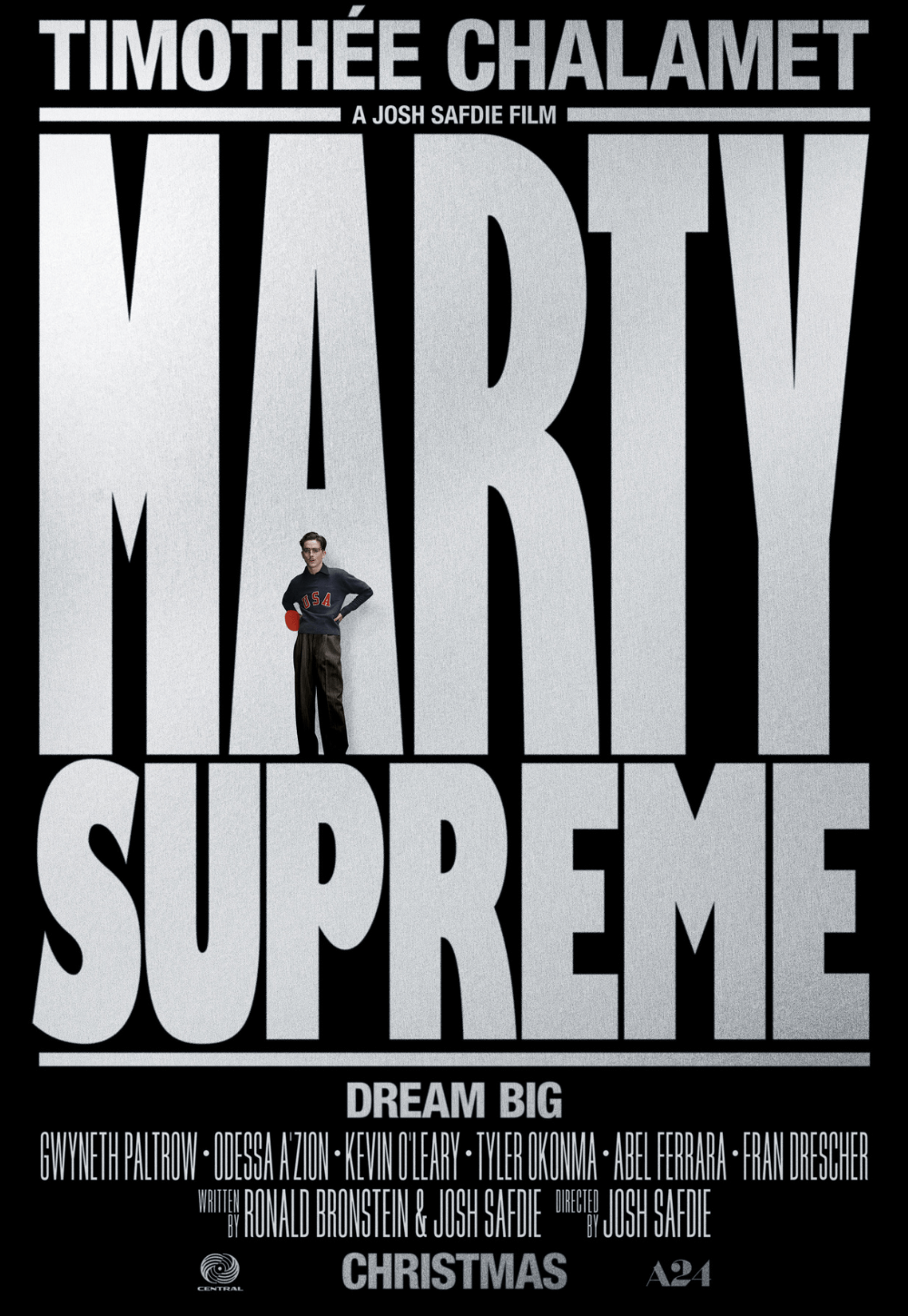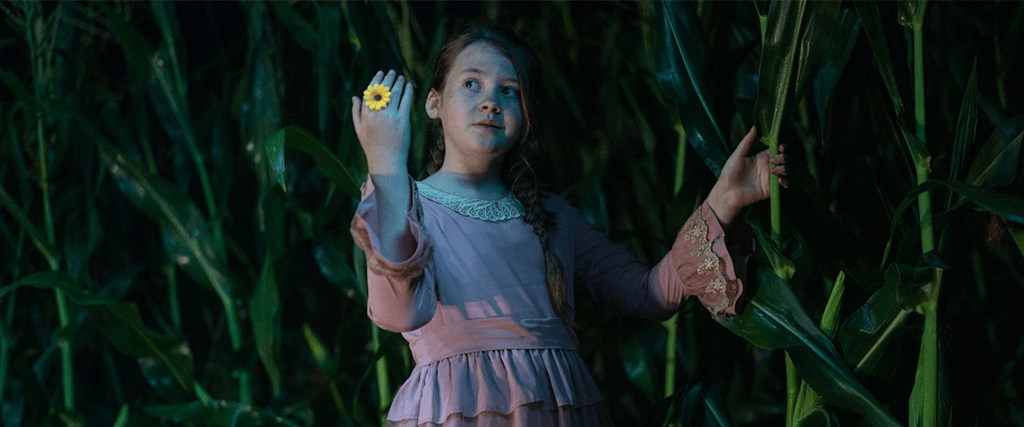
Children of the Corn
By Brian Eggert |
In Stephen King’s 1977 short story “Children of the Corn,” a young couple drives through a deserted Nebraska community only to discover that a pack of young religious zealots have killed off every adult in town. The 1984 movie follows the same path, exploiting the tradition of creepy kids in horror, going back to The Bad Seed (1956), Village of the Damned (1960), and The Omen (1976). Launching a dismal franchise that unraveled over nine features—released either in theaters or, more commonly, on home video by Dimension Films—the original movie was remade in 2009 for the SyFy network. Following the inevitable nature of horror remakes, writer-director Kurt Wimmer attempts to relaunch that franchise with his new interpretation. Completed in 2020, the production was filmed in Australia during the pandemic and made its theatrical debut in Sarasota, of all places. When your movie premieres in Florida, it’s a sign that something’s horribly wrong. Nevertheless, RLJE Films picked up Wimmer’s Children of the Corn for a limited theatrical release before sending the movie to its eventual home on Shudder, where only the morbidly curious and those open to self-punishment should seek it out.
Wimmer’s new version reconfigures the premise. It’s still about a rural Nebraska community, here called Rylstone, where the children become murderous hellions. But the new screen story watches the chaos build from the inside. The opening is a confusing jumble of plot information, patchily edited together and uneasily processed. After local authorities inadvertently kill 15 orphans by pumping halothane gas inside to defuse a hostage situation, the small town’s child-adult dynamic sours. Our hero is Boleyn (Elena Kampouris), a high-school girl who goes by Bo. She plans to move to Boston for school, and her younger brother, Cecil (Jayden McGinlay), isn’t happy about it. But for now, Bo notices something amiss with the younger children, particularly the young Eden (Kate Moyer). They’re spending a lot of time in the cornfields, where a fungus grows on the dying corn. Bo warns the children to keep away, claiming the fungus causes hallucinations and, in an unsubtle bit of foreshadowing, may have escalated the fervor behind the Salem Witch Trials.
Meanwhile, Bo and Cecil’s father, Robert (Callan Mulvey), a local leader upset that Big Corn’s GMOs led to their crops failing, addresses the townsfolk about a blight on their cornfields. Robert calls for a vote to determine if everyone should stop growing corn as part of a government subsidy program. But the children demand a vote, too, leading to a surreal sequence where the whole town resolves to mock and laugh at the children for wanting to contribute. Everything up to this point builds toward the idea that the children, radicalized by and hallucinating from corn fungus, will retaliate with violence. Even the weird whispering in the corn and Eden’s clan slaughtering a pig to paint the corn roots red with blood (“Gotta feed the corn somehow,” she rationalizes), could have been a result of fungus brain. But then, after the derision at the town hall, Eden takes to the cornfields for a good cry, only to be comforted by some CGI corn stalks that bend to embrace her. Is this a hallucination too? Or has the corn somehow developed a consciousness?
The ensuing conflict between extremist kids who worship the corn and simple-minded adults results in a bloodbath, turning Children of the Corn into a Lord of the Flies scenario when it’s down to the logical Bo against Eden, who declares herself The Red Queen (“Off with their heads!”). Moyer, 11 at the time of filming, is eerily adultlike and convincing as a preteen terror; she never has the staginess that comes with some child actors. The other young stars aren’t so lucky, giving drama club performances with no help from Wimmer’s clunky dialogue. Then again, no actor could make these lines—“What in frick’s name are you doing on my grandma’s car?” and “We wuz sold a hill o’ beans!” and “Nothing ever really dies in the corn.”—sound good. Aside from Moyer’s presence, every intentionally scary flourish proves unintentionally funny, if not downright confusing. Wimmer deploys creepy imagery chosen less for its logical placement than its adherence to horror clichés, such as a group of girls in a corn clearing, plucking kernels from a cob and chanting, “He loves me, he loves me not.” What horror movie would be complete without demented children twisting the commonplace into something sinister?
Wimmer, best known for directing the Bradbury-esque actioner Equilibrium (2002) and writing dopey scripts for remakes such as Total Recall (2012) and Point Break (2015), doesn’t improve the franchise’s reputation with Children of the Corn. The score (credited to Jacob Shea and Bleeding Fingers) is overwrought, and while the sun-drenched cinematography by Andrew Rowlands looks sharp, it’s haphazardly pieced together by a trio of editors (Merlin Eden, Tom Harrison-Read, Banner Gwin). Still, underneath the killer kids scenario is a social commentary about younger generations fighting for the environmental well-being of the planet by putting adults on trial, and, ultimately, getting revenge for the dismal future they’ve been given. It’s an inspired theme, albeit rendered inert when the shockingly stupid twist provides some answers—that the kids worship a Groot-like corn monster (yes, really), rendered with CGI worthy of Frankenfish (2004). What might have been a just-plain-bad movie sinks to another level entirely once this creature appears onscreen, robbing the movie of what little credibility it had. After the creature’s appearance, any goodwill we might have felt for Wimmer’s environmentalist theme and Moyer’s acting takes a downswing alongside the schlocky mayhem, shoddy production values, and unconvincing conflict.
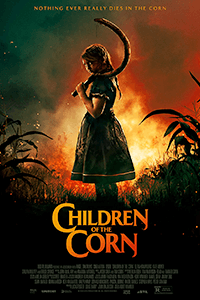
Thank You for Supporting Independent Film Criticism
If the work on DFR has added something meaningful to your love of movies, please consider supporting it.
Here are a few ways to show your support: make a one-time donation, join DFR’s Patreon for access to exclusive writing, or show your support in other ways.
Your contribution helps keep this site running independently. However you choose to support the site, please know that it’s appreciated.
Thank you for reading, and for making this work possible.
Brian Eggert | Critic, Founder
Deep Focus Review



